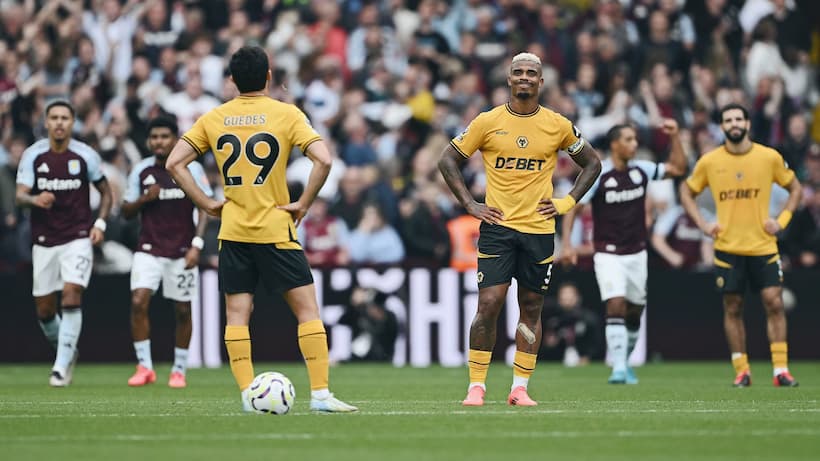Football
The Premier League’s VAR Winners and Losers Revealed – Brighton and Newcastle Biggest Beneficiaries While Wolves Biggest Sufferers

Recent data reveals that while some clubs have seen VAR work in their favour, Wolves have undoubtedly been the biggest sufferers of Premier League VAR decisions.
ESPN’s Dale Johnson recently shared a fascinating statistic highlighting the VAR decisions that have impacted Premier League clubs the most over the past few seasons. The data reveals a clear divide between the league’s “VAR winners” and “VAR losers.”
Premier League Net VAR Decisions (5+ Season)
- Brighton +9
- Newcastle +6
- Man City +5
- Aston Villa +3
- Crystal Palace +3
- Liverpool +3
- Man United +3
- Chelsea +2
- Everton +1
- Tottenham -3
- Arsenal -6
- West Ham -7
- Wolves -20
Brighton, Newcastle, and Manchester City emerge as the biggest beneficiaries of VAR, with each club recording a net positive score of 5 or more.
This suggests that VAR decisions have consistently favoured these teams, potentially influencing their overall league positions and results.
On the other side of the spectrum, Tottenham, Arsenal, West Ham, and Wolves, in particular, have suffered significantly from VAR decisions.
These clubs have recorded net negative scores, indicating that VAR has often worked against them. This could have had a detrimental impact on their performances and ambitions.
It is interesting to see such a disparity between Wolves and the rest of the teams, particularly following Gary O’Neil’s comments about referees potentially favouring the ‘big clubs’ due to a subconscious bias.
Why does VAR seem to favour some teams more than others?
Following O’Neil’s comments, several alternative factors could be at play:
- Refereeing Consistency: Variations in refereeing interpretations and decisions can lead to disparities in VAR outcomes.
- Team Playing Style: Certain playing styles may be more susceptible to VAR decisions, such as teams that play a high-pressing game or rely heavily on aerial balls.
- VAR Room Personnel: The quality and experience of the VAR officials can also influence the decisions made.
While VAR was introduced with the aim of improving the accuracy of decision-making in football, it has also generated controversy and debate.
The data presented by Dale Johnson highlights the potential for VAR to create an uneven playing field in the Premier League.
As the league continues to evolve, it will be interesting to see how VAR is used and whether any changes are made to address the concerns raised by these statistics.